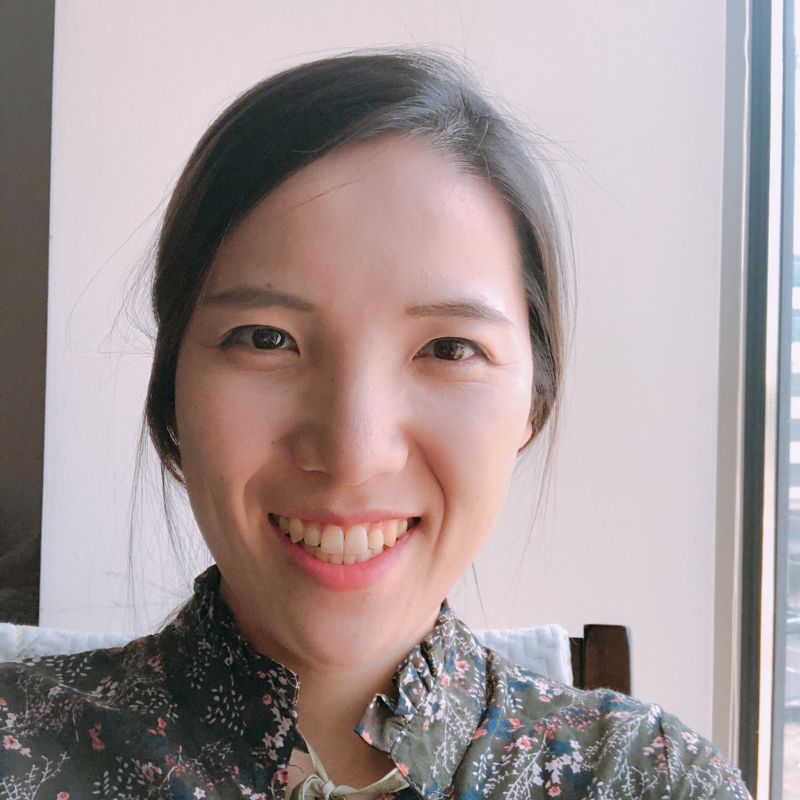
Sanghee Kang
Assistant Professor of Second Language Acquisition, English as a Second Language and Korean Studies
Department of Languages, Cultures & Applied Linguistics
4980 Margaret Morrison St
Posner Hall 341
Pittsburgh, PA 15213
Education
Ph.D., Applied Linguistics, Georgia State University
M.A., Applied Linguistics, Georgia State University
B.A., Seoul National University
Bio
I earned my Ph.D. in Applied Linguistics from Georgia State University, where my dissertation focused on the role of chatbot-based interaction and learner characteristics in the alignment-driven learning of second language grammar and pragmatics. I am eager to bring my expertise in technology-oriented second language acquisition to the CMU community and looking forward to collaborating with colleagues and mentoring students in an innovative academic setting.
My research interests include task-based language teaching and digital multimodal composition, with a focus on both English and Korean as target languages. I have made significant contributions to Korean Studies, particularly in the area of Korean language acquisition among university students. I have also collaborated on research projects that led to the development of a research-informed, task-supported Korean language curriculum and have conducted teacher training workshops on instructional task design for Korean language learners. Additionally, I am the co-author of the textbook "Learning Korean through Tasks: High Beginners to Intermediate," which integrates recent findings in second language acquisition and task-based language teaching into practical pedagogic tasks for learners.
Areas of Interest
- Korean language learning
- Task-based language teaching
- Technology-oriented second language acquisition
- Digital multimodal composition
- Teacher training and curriculum development
Courses Taught
- 82-283 Language Diversity and Cultural Identity
- 82-251 Intermediate Korean I
Selected Publications
Kang, S., Shin, Y. K., & Yoo, I. W. (2024). Using lexical bundles to teach prepositions to Korean EFL students. Journal of Second Language Studies, 7(1), 75–98. https://doi.org/10.1075/jsls.00022.kan
Kang, S., & Kim, Y. (2023). EFL adolescent learners’ perceptions of digital multimodal composing tasks and task outcomes: A longitudinal study. International Journal of Applied Linguistics, 33(2), 340–361. https://doi.org/10.1111/ijal.12473
Kim, Y., Kang, S., Nam, Y., & Skalicky, S. (2022). Peer interaction, writing proficiency, and the quality of Collaborative Digital Multimodal Composing Task: Comparing Guided and unguided planning. System, 106, 102722. https://doi.org/10.1016/j.system.2022.102722
Kang, S., & Kim, Y. (2021). Examining the quality of mobile-assisted, video-making task outcomes: The role of proficiency, narrative ability, digital literacy, and motivation. Language Teaching Research, 0(0). https://doi.org/10.1177/13621688211047984
Kim, Y., Kang, S., Yun, H., Kim, B., & Choi, B. (2021). The role of task repetition in a Korean as a foreign language classroom: Writing quality, attention to form, and learning of Korean grammar. Foreign Language Annals, 53(4), 827–849. https://doi.org/10.1111/flan.12501